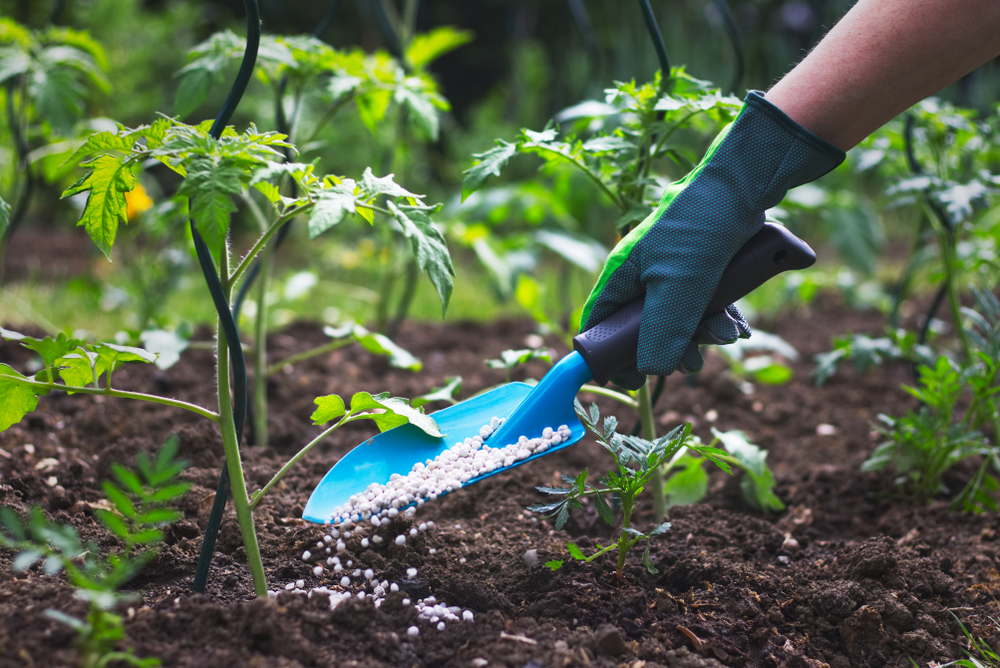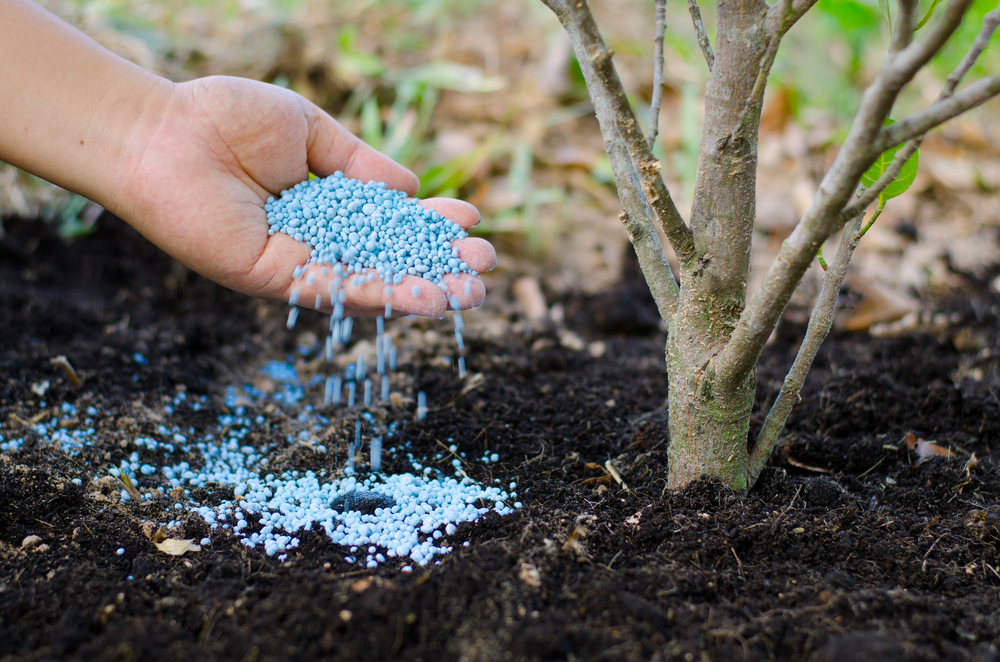
one
two
three



Spring is a wonderful time in the garden, but it can bring some problems. Here are some of the problems we at Royal Creations Architectural Landscaping see the most and how to solve them.

Weeds start to grow in the spring just when the plants you want need the most nutrients. In addition, weeds compete for sunlight and room to spread out. Using three inches of mulch around your plants causes weed seeds to starve before they grow tall enough to get sunlight. Applying a pre-emergent on top of the mulch will prevent seeds from germinating. The few weeds that survive this double threat can be easily removed by hand.
Insects and other pests wake up about the time your plants have lots of tender new growth on them. This new growth is like a salad bar for bugs. Cleaning out any leaves or other debris early in the spring will remove a lot of these pests because that is where they overwinter. Planting plants that flower from early spring will help attract pest predators to eat the bad bugs. Spot treat any bad pest problems as soon as they become apparent to prevent their spread. Don’t routinely spray your plants unless you recognize a problem, as over-spraying insecticides can kill pollinators.
The spring rains and long nights are perfect conditions for fungal and bacterial diseases to thrive on your plants. The longer the leaves of a plant are wet, especially at night, the more likely the plant is to get diseases. One of the things you can do to limit moisture on the leaves of your plant is to use drip irrigation. In addition to saving tons of water, drip irrigation keeps the leaves dryer. Plant your plants far enough apart to allow air to circulate between the plants to help dry wet leaves quickly. Water in the morning before 10 a.m. to allow the plants to dry all day if some water splashes on them. Finally, if your plants get a disease, treat it promptly. Remove dead diseased plants and discard them in the trash, not the compost pile. 
Spring either comes with lots of rain or not enough. It can be hard to know whether to water your plants when rainfall comes unpredictably. If you water and it rains, the plants get too much water. If you don’t water, you risk the plants getting dehydrated or dying. The best way to deal with this is to vary your watering schedule by rainfall. Install a rain sensor on your irrigation system so you don’t water in the rain. If it has been raining for a few days, pause your irrigation until it dries out some. Use mulch to retain water and allow the water into the soil slowly instead of all at once.
Wet weather increases the danger of soil compaction. Roots cannot grow well in compacted soil and water tends to run off instead of soaking in. To avoid compaction, avoid working in your garden when the soil is very wet. Raised beds help drainage so the soil doesn’t stay excessively wet for long periods of time. Mixing compost into the soil helps aerate it and helps avoid compaction.

Some plants may be slow to begin growing or show symptoms of nutrient deficiencies. Fertilizing in the fall before the temperature drops helps give plants enough nutrients to get through winter and begin to green up in spring. Doing a soil test once a year in the winter or early spring will tell you what nutrients to add in the spring to make sure your plants have everything they need to grow and flourish. You can get soil test instructions from your county extension agent.
Spring temperatures can fluctuate wildly between beautiful days and freezing days. This is hard on plants. Mulch helps stabilize the soil temperature so it doesn’t change as much, but doesn’t do anything about air temperature changes. Be ready to use frost blankets or to bring potted plants inside when it gets cold. If you start seeds inside, be sure to gradually acclimate the seedlings to the outdoors before planting them or they will not survive. In our climate, we usually use Mother’s Day as a marker to know the threat of freeze is over for the season.
Royal Creations Architectural Landscaping has a garden care program that will do everything necessary to start your plants off well in the spring. We will remove any winter leaves and debris from the beds. In addition to topping off the mulch in your landscape beds, we will apply pre-emergent and fertilize your plants. Our care extends throughout the year to keep your plants and beds looking their best all year round. Call the office to sign up. If you have projects, schedule a consult to discuss them with our experts. Don’t wait, as our schedule fills up quickly.